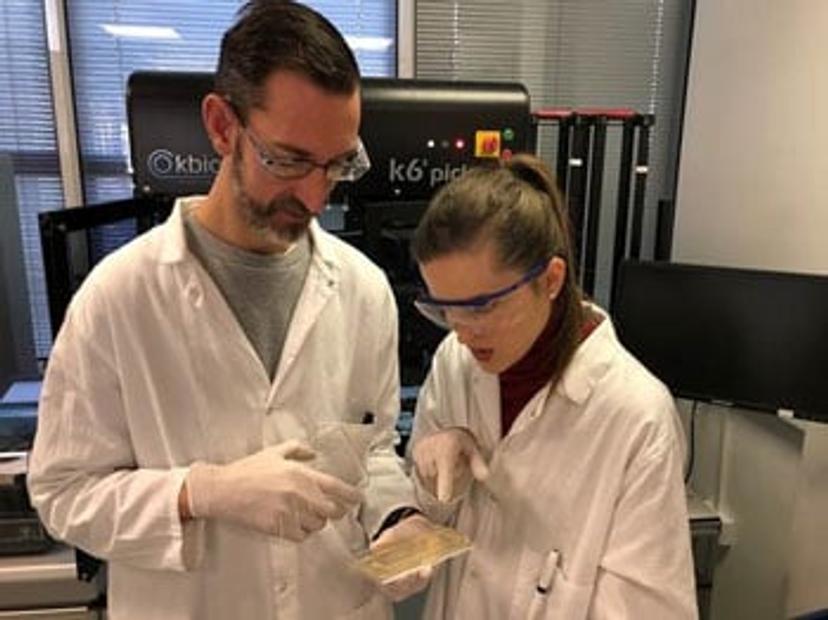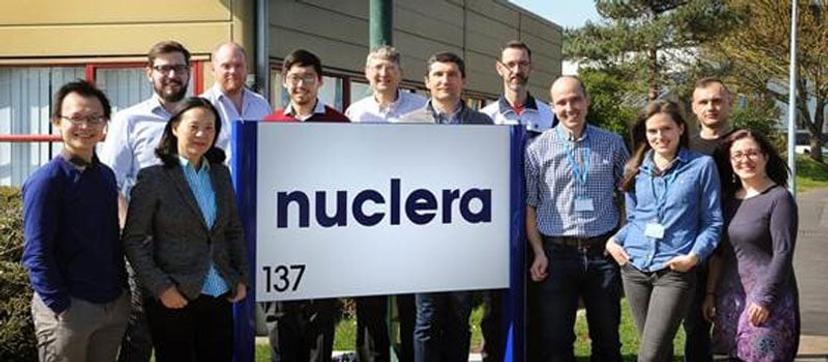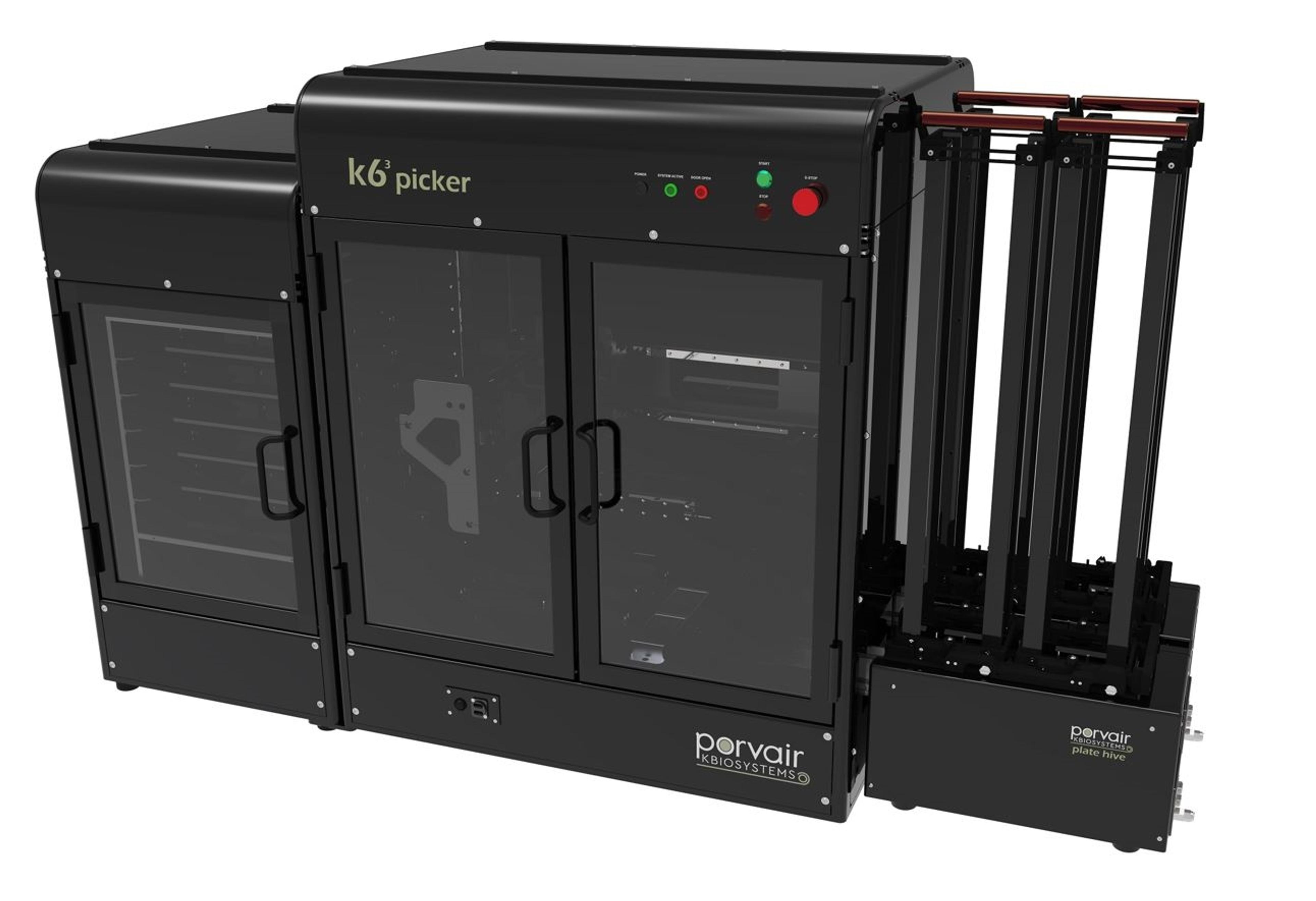The future of synthetic biology: Print DNA at your benchtop
Michael Chen tells us about the development of Nuclera Nucleics’ groundbreaking DNA printer for rapid, benchtop sequencing
17 Jan 2020

Over the past decade, the need to be able to target and express certain proteins to achieve a desired phenotype or perform a particular action has fueled a multi-billion-dollar DNA sequencing industry that just keeps on growing.
In this exclusive interview, we speak with Michael Chen, Co-Founder of Nuclera, about the importance of rapid DNA writing at the benchtop and how the commercialization of Nuclera’s printer promises long DNA in one day.
Speeding up DNA delivery time
From those studying the development and diagnosis of diseases to those hoping to develop the next groundbreaking biological therapeutics, life science researchers are unified by the need to be able to quickly obtain DNA - the instructional code central to all life sciences. The founders of Nuclera, several University of Cambridge Ph.D. students, recognized the pain point for many researchers was the way that DNA is received by those working at the benchtops.
To overcome this challenge, Nuclera is working to commercialize a DNA benchtop printer that promises to shorten the delivery time down to a single day. “We're trying to empower scientists with the ability to receive DNA in their own labs in a timescale that's similar to how computer programmers are able to turn around their code,” says Chen.
We're at the forefront of this synthetic biology field, enabling scientists at the benchtop to do what they could never do before.
An entirely new way to make DNA

Phosphoramidite organic synthesis is the gold standard with which DNA is made in labs today, but it is an incredibly complicated process. A typical laboratory has too much ambient moisture for phosphoramidite chemistry to work properly. Additionally, these monoamides require placement in often toxic solvents that need to be sealed and purged with argon and specialized gases.
As a result, this process cannot currently be miniaturized or deployed on customer benchtops and is the reason why many DNA synthesis houses are large entities that accept orders from all over the world. To overcome this complexity, Nuclera looked at how DNA is made in nature: through enzymes.
Like any protein engineering company, Nuclera needs to sample tens of thousands of proteins, and that is best done through laboratory automation. Nuclera uses the K63 colony picker from kbiosystems to array colonies into a 96-well format and grow them up. Proteins found in the bacterial plasmids can then be tested to see if they carry the desired traits and phenotypes that are being targeted. “The K63 allows us to do in a single 30 to 60-minute run what would take a single scientist hours to do, so it drastically increases our throughput,” Chen explains.
kbiosystems has been very helpful in troubleshooting the instrument with us, and they're very helpful in creating custom packages that suit our workflow
The future of synthetic biology
Over the past 30 years, technology fields have seen drastic progress and, to see the same revolution for life sciences, future tools need to allow scientists at the benchtop to iterate the design-build-test cycle just as quickly. Chen highlights that the time it currently takes synthetic biologists to receive DNA is not amenable to progress: “It's like telling a computer programmer, at Amazon or Apple, that they need to wait up to six weeks to write a particular piece of computer code – it would slow things down to a grinding halt.”
Chen only sees DNA sequencing processes becoming quicker and more accessible, declaring: “The future of synthetic biology belongs to the people who can provide multi-application experience and the fastest results or products.” Chen also highlights the immense potential for all-in-one integrated systems, which both deliver DNA and engineer the desired proteins: “Having these systems at scientist fingertips is going to be hands down one of the biggest trends that revolutionizes the synthetic biology sector.”

Do you use kbiosystems products in your lab? Write a review today for your chance to win a $400 Amazon gift card>>

